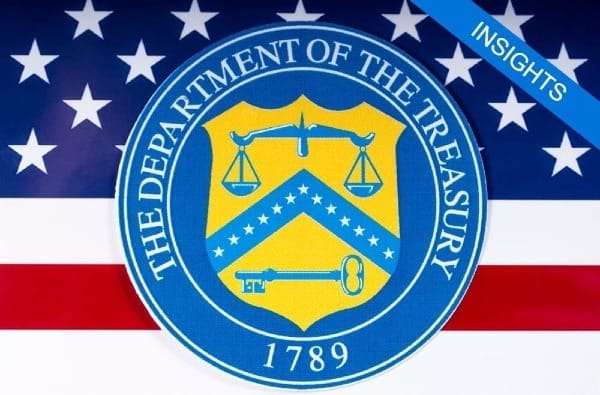OFAC Insights 15 October 2024

What's going on?
The U.S. Department of the Treasury’s Office of Foreign Assets Control (OFAC), in a collaborative action with Canada, has designated the Samidoun Palestinian Prisoner Solidarity Network and Khaled Barakat as supporters of terrorism linked to the Popular Front for the Liberation of Palestine (PFLP). This action was taken as part of continuing efforts to limit fundraising that supports terrorist activities. OFAC has updated the Specially Designated Nationals (SDN) List to include these designations, focusing on disrupting financial networks that conceal operations under the guise of charitable activities. Additionally, OFAC is inviting public commentary on information collection requirements pertaining to rough diamonds under the Paperwork Reduction Act of 1995.
Key Changes to Official Sanctions Lists
- Specially Designated Nationals (SDN) List Additions:
- Individual: Khaled Barakat (also known as "Rabah"), a Canadian citizen linked to the PFLP, has been added to the SDN List under the counterterrorism sanctions designation for acting on behalf of the PFLP.
- Entity: The Samidoun Palestinian Prisoner Solidarity Network has been added to the SDN List for acting as a fundraising extension of the PFLP in North America and Europe, under E.O. 13224.
Insights
-
Enhanced Cross-border Cooperation: The joint action between the U.S. and Canada highlights strengthened international collaboration to counter terrorism financing, demonstrating a unified approach that could lead to more robust cross-border enforcement actions.
-
Impacts on Non-Profit Organizations: The designation of entities like Samidoun as sham charities underlines the risks for the non-profit sector. Financial institutions must exercise heightened due diligence to distinguish legitimate humanitarian organizations from those with terrorism-related affiliations, reducing potential exposure to sanctions violations.
-
Increased Compliance Burden and Strategic Adjustments for Banks: With updates to sanctions lists, banks and financial institutions must ensure compliance protocols are responsive to new designations, especially with entities that operate transnationally. Banks must adjust their screening and monitoring systems to prevent inadvertent facilitation of transactions with newly designated individuals or entities.
-
Legal and Operational Implications: U.S. persons, including financial institutions, must avoid transactions with the sanctioned individuals and entities or risk severe penalties. Non-U.S. financial institutions engaging with designated entities face exposure to secondary sanctions. Thus, there is a need for continuous training and resources focused on the evolving landscape of sanctions compliance.
-
OFAC's Commitment to Humanitarian Exemptions: Despite these stringent measures, OFAC reiterates its commitment to facilitating humanitarian aid to vulnerable populations while blocking funds supporting terrorism. Organizations providing legitimate assistance should remain informed about relevant authorizations to safeguard their operations.
-
Public Engagement in Regulatory Processes: OFAC’s request for public input on data collection related to rough diamonds signifies an ongoing regulatory review aimed at optimizing compliance procedures and mitigating operational burdens on entities subject to sanctions regulations.
In essence, these actions stress the importance of maintaining dynamic compliance frameworks to navigate the intricate sanctions landscape and ensure operational and reputational risks are appropriately managed.
